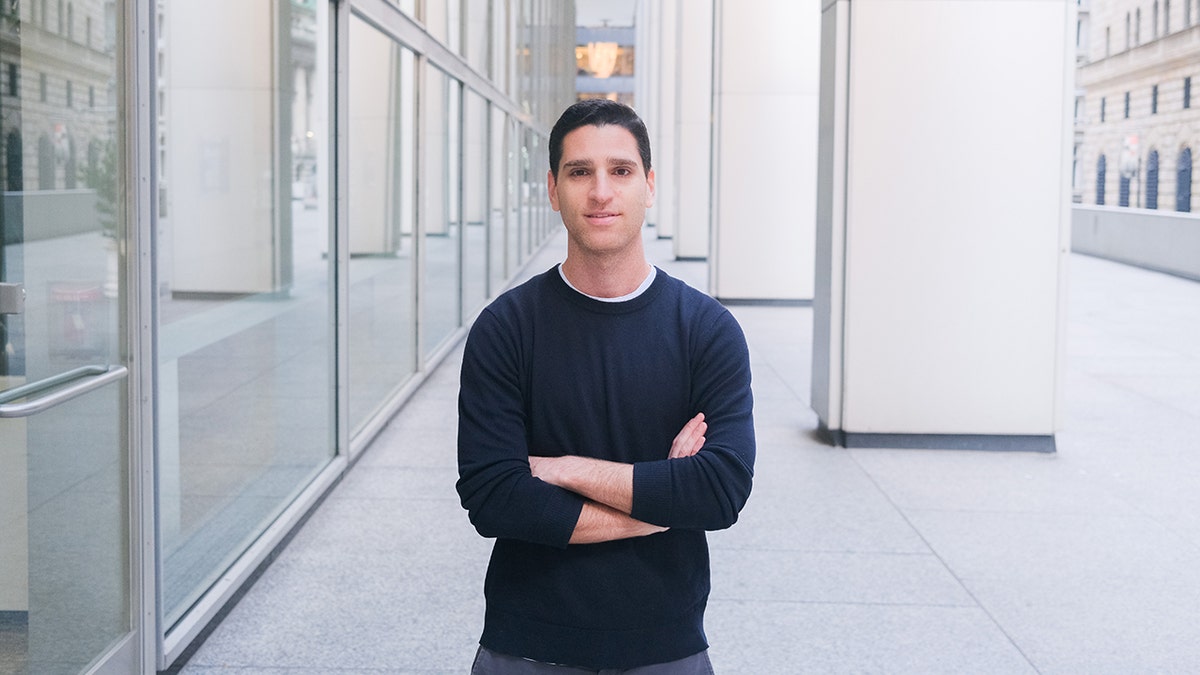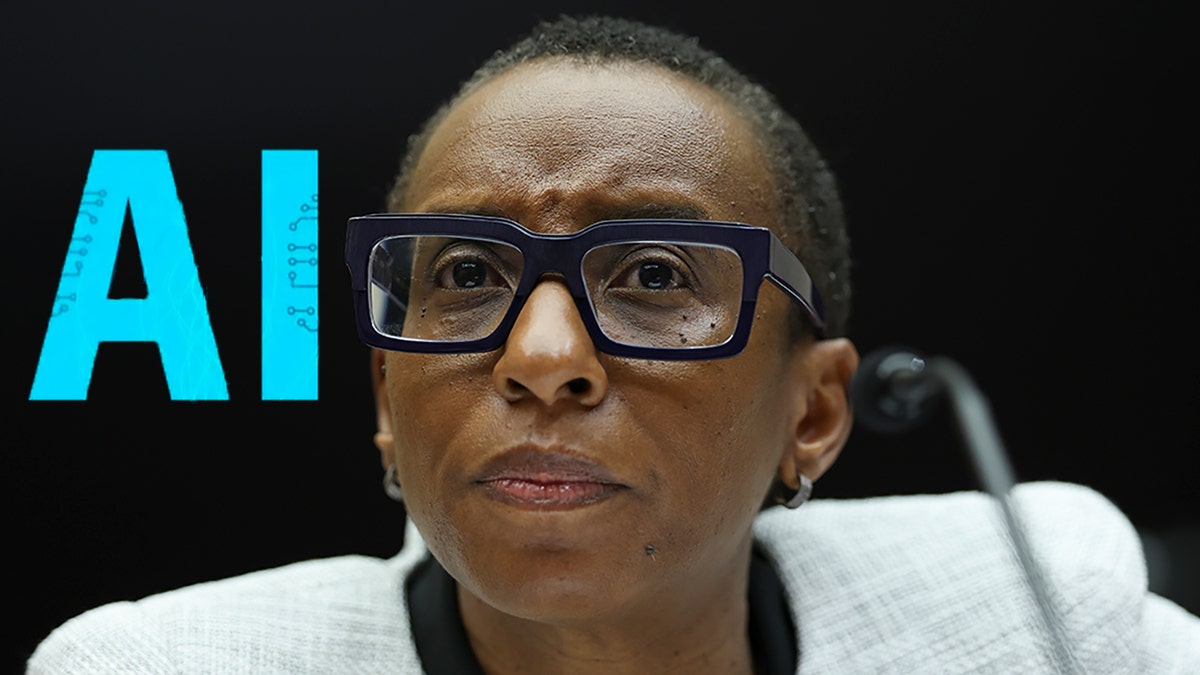Harvards embattled president now faces plagiarism allegations
Outnumbered panelists discuss Harvard University leaderships continued support for its president, Claudine Gay, despite her controversial testimony on Capitol Hill and new allegations of plagiarism.
Alon Yamin, co-founder and CEO of the AI-based text analysis platform Copyleaks, is helping to combat plagiarism in education, especially in light of the recent Harvard scandal.
Following the controversial accusations against the school’s former president Claudine Gay, Yamin emphasized that tackling the issue of plagiarism is more important now than ever, especially with the rise in AI.
"A year ago, many people considered plagiarism a moot point following the expansion of AI. What was there to worry about if AI was writing everything? But as we’ve seen in the news over the last few months, plagiarism hasn’t gone anywhere. It seems to be as prevalent as ever," Yamin said to Fox News Digital.

Former Harvard president Claudine Gay stepped down from her leadership position after plagiarism and antisemitism scandals. (Hans Pennink for Fox News Digital)
He added, "Beyond content creation, the advancing AI technology allows us to identify potential plagiarism even faster and more thoroughly than before. Plus, plagiarism committed in the past is now even more challenging to outrun because of advancing AI-based technology that can scan and detect plagiarism both online and in images of physical text."
ASSOCIATED PRESS CALLS PLAGIARISM 'NEW CONSERVATIVE WEAPON' AFTER HARVARD PRESIDENT SCANDAL
Yamin called the charges against Gay "surprising," though he has noted that his platform has detected instances of "clear, clear plagiarism" from both students and faculty in the past. He expects his and other platforms like his will grow more popular following Gay’s resignation.
"I'm expecting it to be more common now, especially in academic institutions that are looking to protect their own name, their own reputation. [They’ll] run a lot of the documents of their faculty members and deans through plagiarism detectors, through AI detectors to make sure that everything is done properly, that academic integrity is being held to the highest degree and protect themselves and also their faculty and students," Yamin said.
"So I definitely suspect that we'll hear more of these cases simply because it's so high profile now, and everyone will probably be interested in making sure that the bar is very high."

Artificial intelligence (AI) has developed to the point of detecting plagiarism in sentence structure and source code, according to CEO Alon Yamin. (Copyleaks)
Yamin praised the development of AI-based technology beyond the older "copy+paste" kind of detection to a far more sophisticated and thorough analyzation.
"Our tool is able to identify even if the content is completely paraphrased. Let's say that someone did some work to change the words or change the order and mask the plagiarism. AI is able to identify if we're seeing that the meaning is very similar, that the sentence structure is similar. Our AI models are even able to identify the tone. So does this sound like you or like someone else?" Yamin explained.
His platform has even developed ways to detect what he called "cross-language plagiarism."
SOCIAL MEDIA ERUPTS AS HARVARD PRESIDENT CLAUDINE GAY RESIGNS: 'SHOULD'VE BEEN FIRED WEEKS AGO'
"Let's say you translated something from Spanish to English. If you have the ability to understand the meaning of the text, the language becomes almost irrelevant. You know, if I know that this is a cup of tea, I know it's a cup of tea in English. I know it's a cup of tea in German and in Mandarin. So I'm comparing the meaning and not just the language itself. We're able to do cross-language plagiarism detection using this way. We're doing paraphrased content detection. We're even doing source codes or code plagiarism detection, so everything textual out there," he said.
Yamin added, "If anything, AI has evolved our expectations around plagiarism, whether academically or within journalism, and I expect it will continue to do so."
He remarked that his platform is working with hundreds of schools around the world and that AI-based plagiarism detectors like his have likely already become an education standard.

Claudine Gay faced dozens of plagiarism allegations against her prior to her resignation on Tuesday. (Getty Images)
Prior to Gay’s resignation, there were approximately 50 accusations of plagiarism in her past works. In her resignation letter, Gay did not reference these charges but instead pointed to the "racial animus" from her critics.
CLICK HERE TO GET THE FOX NEWS APP
"Amidst all of this, it has been distressing to have doubt cast on my commitments to confronting hate and to upholding scholarly rigor—two bedrock values that are fundamental to who I am—and frightening to be subjected to personal attacks and threats fueled by racial animus," her letter read.









































